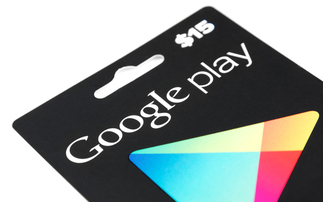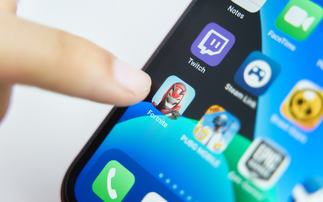ABI Research says Google platform could benefit from Symbian's decline
The Android operating system is likely to have 45 per cent of the smartphone market by 2016, according to the latest figures from analyst firm ABI Research. The Google operating system has alrea...
To continue reading this article...
Join Computing
- Unlimited access to real-time news, analysis and opinion from the technology industry
- Receive important and breaking news in our daily newsletter
- Be the first to hear about our events and awards programmes
- Join live member only interviews with IT leaders at the ‘IT Lounge’; your chance to ask your burning tech questions and have them answered
- Access to the Computing Delta hub providing market intelligence and research
- Receive our members-only newsletter with exclusive opinion pieces from senior IT Leaders























